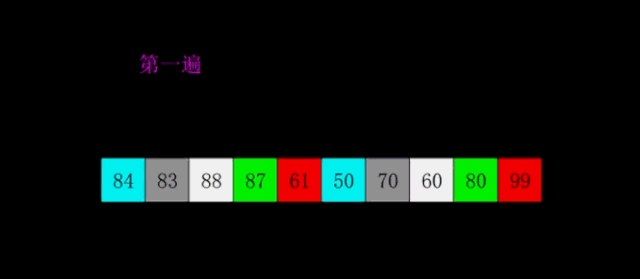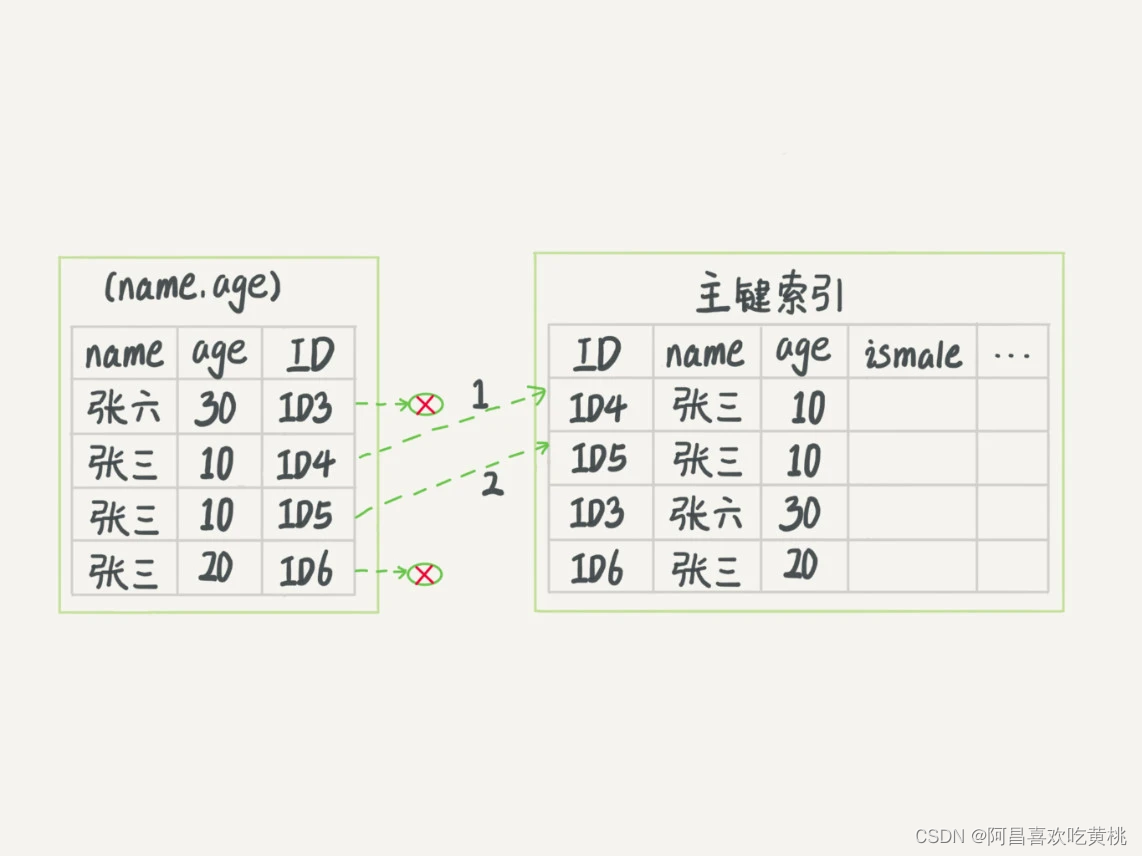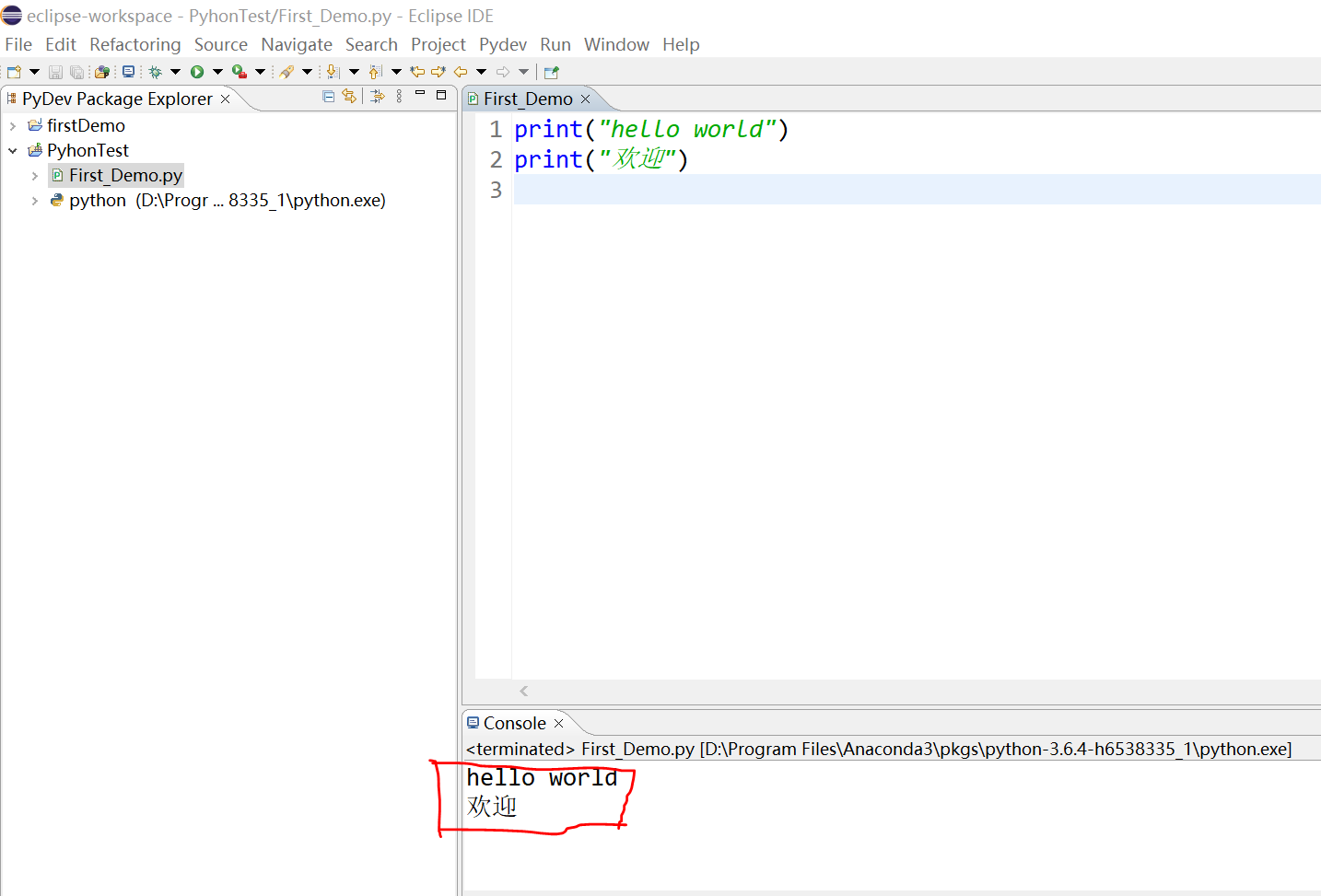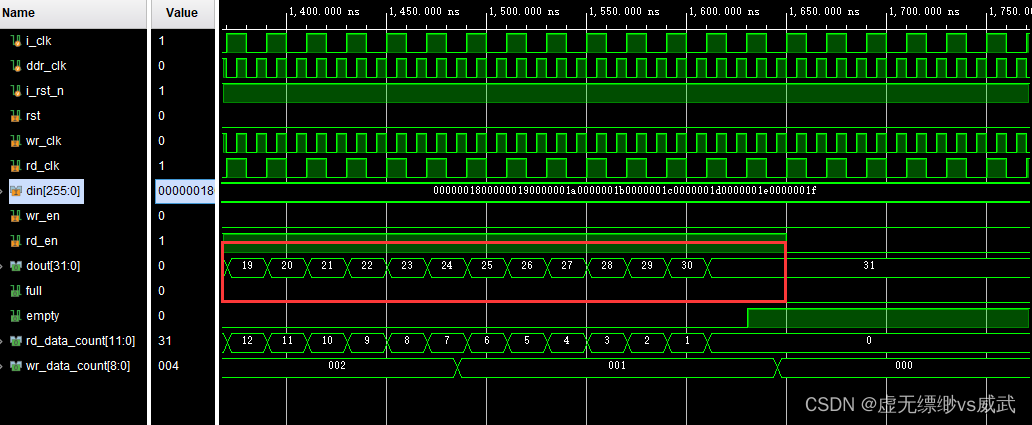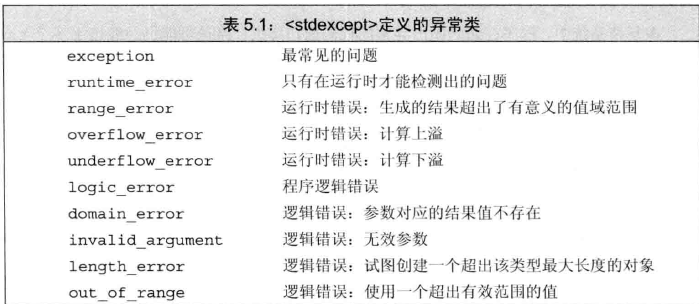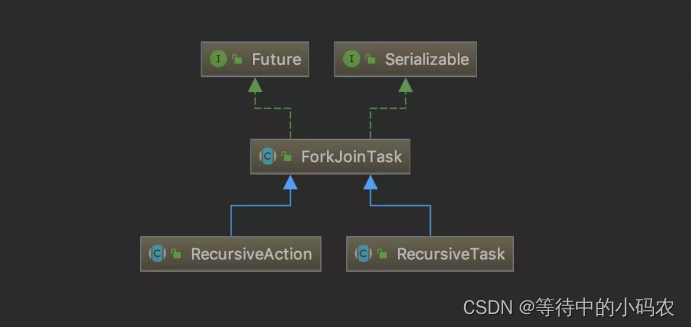CS61A 2022 fall HW 01: Functions, Control
文章目录
- CS61A 2022 fall HW 01: Functions, Control
- Q1: A Plus Abs B
- Q2: Two of Three
- Q3: Largest Factor
- Q4: Hailstone
HW01对应的是Textbook的1.1和1.2
Q1: A Plus Abs B
-
题目:
Fill in the blanks in the following function for adding
ato the absolute value ofb, without callingabs. You may not modify any of the provided code other than the two blanks.from operator import add, sub def a_plus_abs_b(a, b): """Return a+abs(b), but without calling abs. >>> a_plus_abs_b(2, 3) 5 >>> a_plus_abs_b(2, -3) 5 >>> a_plus_abs_b(-1, 4) 3 >>> a_plus_abs_b(-1, -4) 3 """ if b < 0: f = _____ else: f = _____ return f(a, b) -
solution
if b < 0: f = sub else: f = add return f(a, b)在终端里面输入
python ok -q a_plus_abs_b
这题其实一开始我没反应过来,愣了一下,模块也能赋值给变量
-
再验证一下这种用法
[外链图片转存失败,源站可能有防盗链机制,建议将图片保存下来直接上传(img-k1wdMDJ4-1674571607986)(null)]
-
Q2: Two of Three
-
题目
Write a function that takes three positive numbers as arguments and returns the sum of the squares of the two smallest numbers. Use only a single line for the body of the function.
def two_of_three(i, j, k): """Return m*m + n*n, where m and n are the two smallest members of the positive numbers i, j, and k. >>> two_of_three(1, 2, 3) 5 >>> two_of_three(5, 3, 1) 10 >>> two_of_three(10, 2, 8) 68 >>> two_of_three(5, 5, 5) 50 """ return _____Hint: Consider using the
maxorminfunction:>>> max(1, 2, 3) 3 >>> min(-1, -2, -3) -3 -
solution
呃,写这个的时候得把copilot关掉…不然copilot秒解
-
看到hint其实思路就比较清晰了
把三个的平方和加起来,然后减掉最大的那个数的平方
return i*i + j*j + k*k - max(i, j, k)**2
或者还有种方法
return min(i*i+j*j,i*i+k*k,j*j+k*k) -
-
python ok -q two_of_three
Q3: Largest Factor
-
Write a function that takes an integer
nthat is greater than 1 and returns the largest integer that is smaller thannand evenly dividesn.def largest_factor(n): """Return the largest factor of n that is smaller than n. >>> largest_factor(15) # factors are 1, 3, 5 5 >>> largest_factor(80) # factors are 1, 2, 4, 5, 8, 10, 16, 20, 40 40 >>> largest_factor(13) # factor is 1 since 13 is prime 1 """ "*** YOUR CODE HERE ***"
Hint: To check if
bevenly dividesa, you can use the expressiona % b == 0, which can be read as, “the remainder of dividingabybis 0.”
-
solution
def largest_factor(n): """Return the largest factor of n that is smaller than n. >>> largest_factor(15) # factors are 1, 3, 5 5 >>> largest_factor(80) # factors are 1, 2, 4, 5, 8, 10, 16, 20, 40 40 >>> largest_factor(13) # factor is 1 since 13 is prime 1 """ "*** YOUR CODE HERE ***" newlis = [] for i in range(1,n): if n % i == 0: newlis.append(i) return newlis[len(newlis)-1]
也可以反向做
factor = n - 1 while factor > 0: if n % factor == 0: return factor factor -= 1

Q4: Hailstone
这个真是个经典例子, 在Linux C编程里讲到死循环的时候,还有邓俊辉《数据结构》里面讲到什么是算法的时候(考虑有穷性),都用到了这个例子
-
题目
Douglas Hofstadter’s Pulitzer-prize-winning book, Gödel, Escher, Bach, poses the following mathematical puzzle.
- Pick a positive integer
nas the start. - If
nis even, divide it by 2.
- Pick a positive integer
- If
nis odd, multiply it by 3 and add 1. - Continue this process until
nis 1.
The number n will travel up and down but eventually end at 1 (at least for all numbers that have ever been tried – nobody has ever proved that the sequence will terminate). Analogously(类似地), a hailstone travels up and down in the atmosphere before eventually landing on earth.
This sequence of values of n is often called a Hailstone sequence. Write a function that takes a single argument with formal parameter name n, prints out the hailstone sequence starting at n, and returns the number of steps in the sequence:
def hailstone(n):
"""Print the hailstone sequence starting at n and return its
length.
>>> a = hailstone(10)
10
5
16
8
4
2
1
>>> a
7
>>> b = hailstone(1)
1
>>> b
1
"""
"*** YOUR CODE HERE ***"
Hailstone sequences can get quite long! Try 27. What’s the longest you can find?
Note that if
n == 1initially, then the sequence is one step long.
Hint: Recall the different outputs from using regular division/and floor division//
-
solution
一开始我补充了这个代码,好像导致死循环了…?
length = 1 while n!=1: print(n) length += 1 if n % 2 == 0: n /= 2 if n % 2 != 0: n = 3 * n + 1 print(1) return length

然后我改成了
n //= 2,还是死循环啊啊啊啊啊
恍然大悟!下面这两个
if不构成选择结构,还是顺序结构!!!如果n执行完第一个if变成奇数的话,他还会执行第二个if…呜呜呜
if n % 2 == 0: n /= 2 if n % 2 != 0: n = 3 * n + 1另外死循环主要是看控制条件哪里出错了,所以原因就应该去n上面找,按照这个思路来
def hailstone(n): """Print the hailstone sequence starting at n and return its length. >>> a = hailstone(10) 10 5 16 8 4 2 1 >>> a 7 >>> b = hailstone(1) 1 >>> b 1 """ "*** YOUR CODE HERE ***" length = 1 while n != 1: print(n) length += 1 if n % 2 == 0: n //= 2 elif n % 2 != 0: n = 3 * n + 1 print(1) return length
这个ok的评测机制应该是用的python的Doctests吧🤔
orz,怎么说呢,这个作业,反正是我在大学没有的体验
- 最后给的这个hailstone猜想的拓展阅读材料挺有意思的
- https://www.quantamagazine.org/mathematician-proves-huge-result-on-dangerous-problem-20191211
- 更好玩的是它给的一个网站
- https://www.dcode.fr/collatz-conjecture





